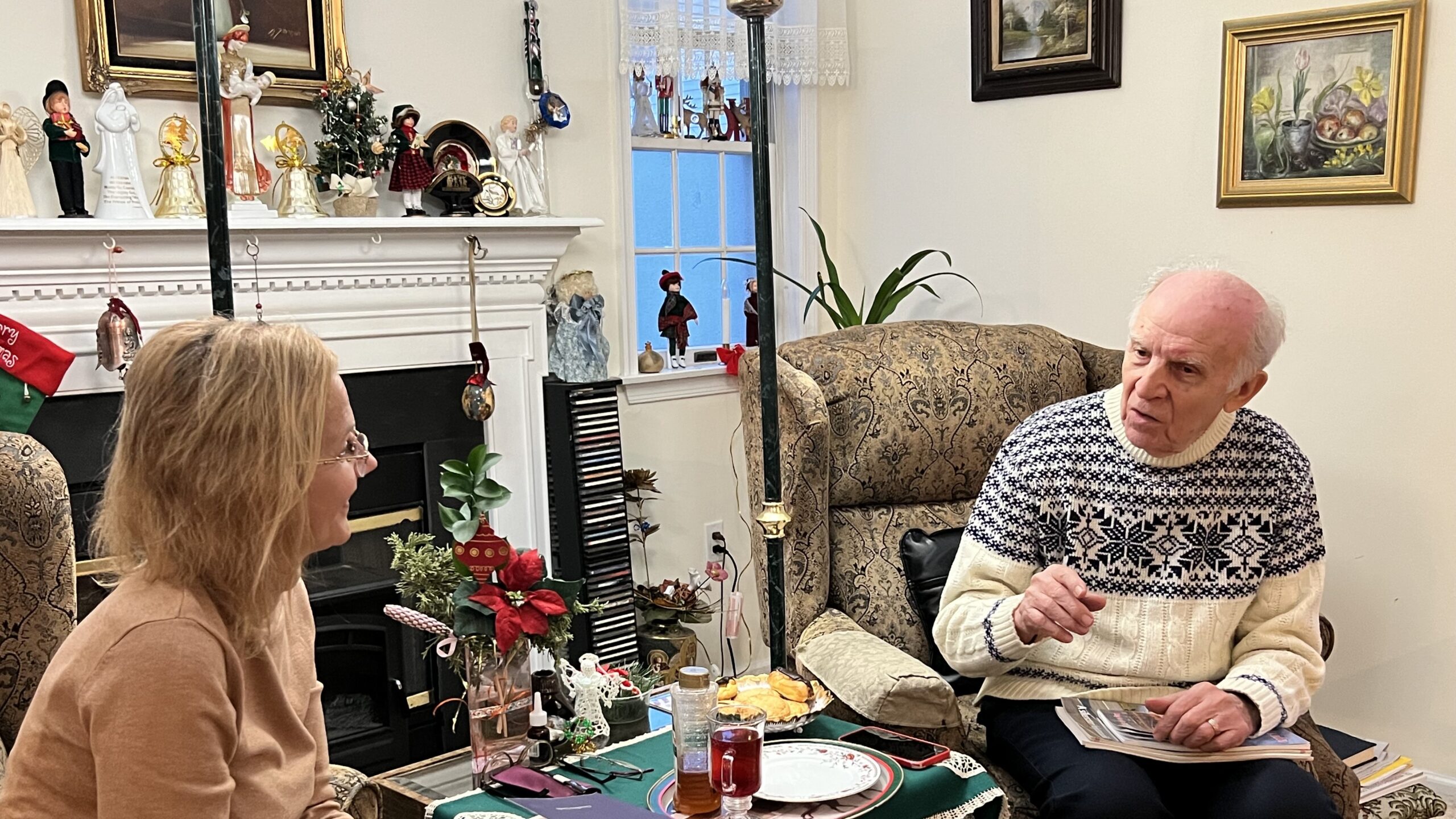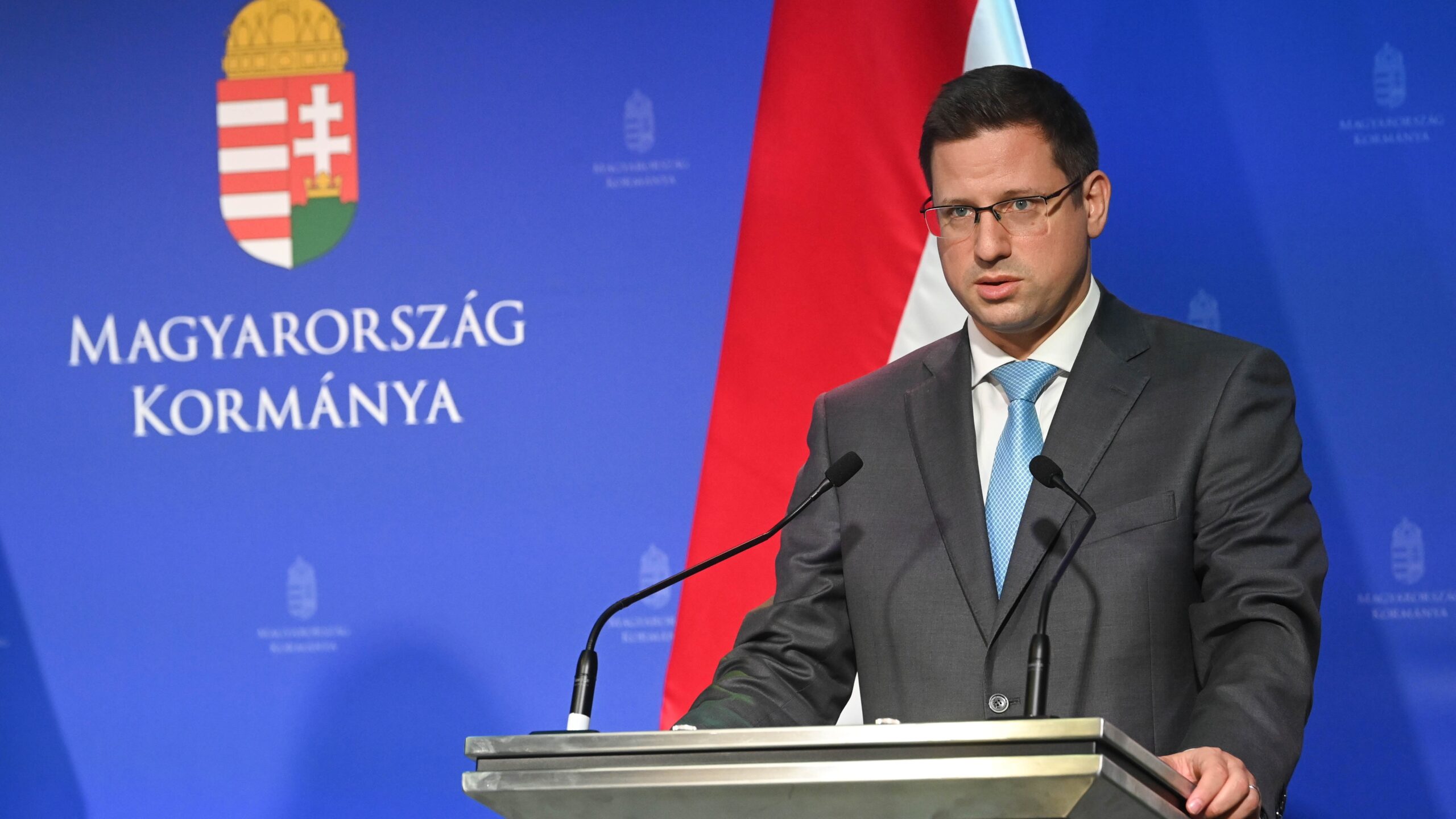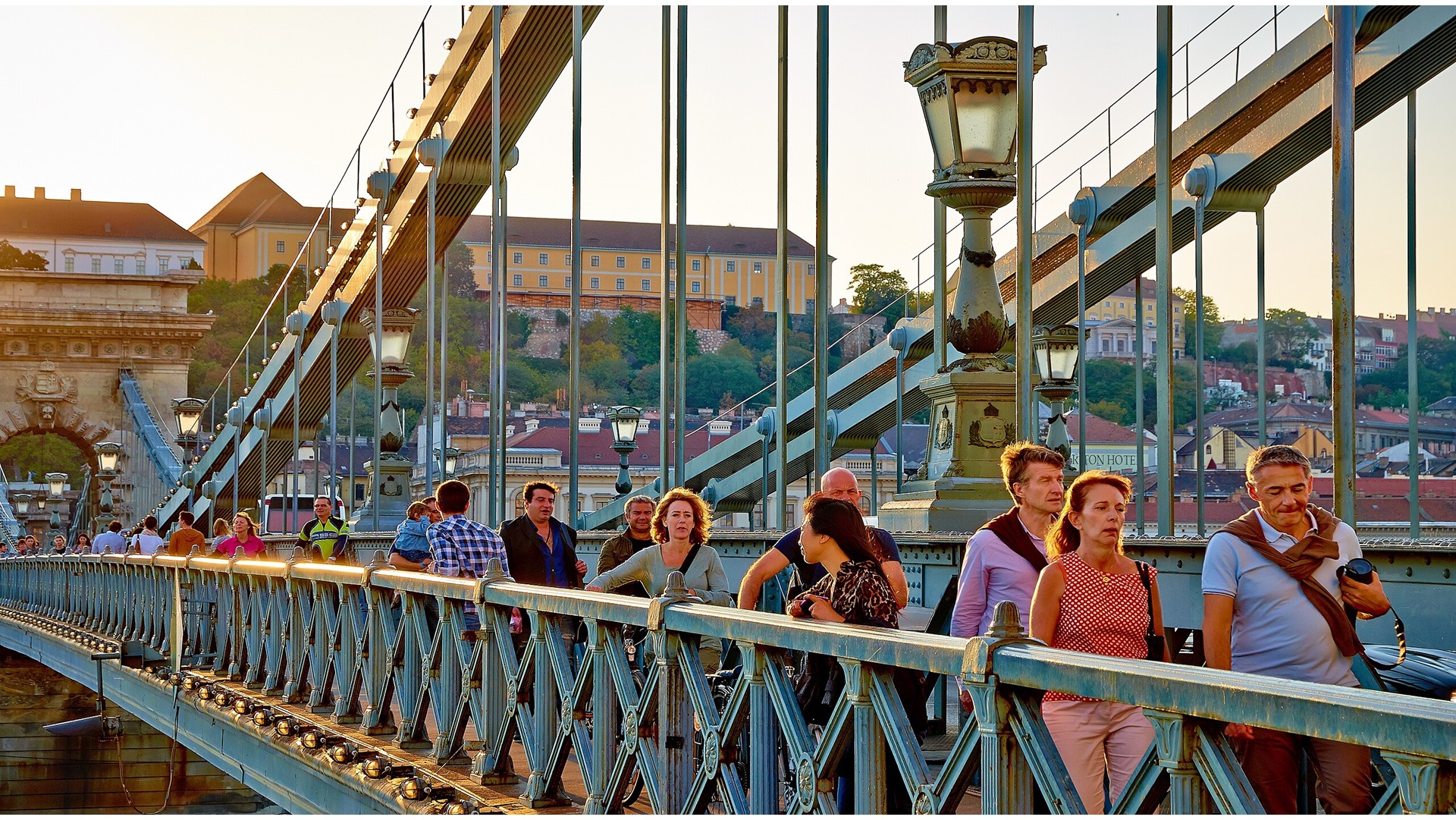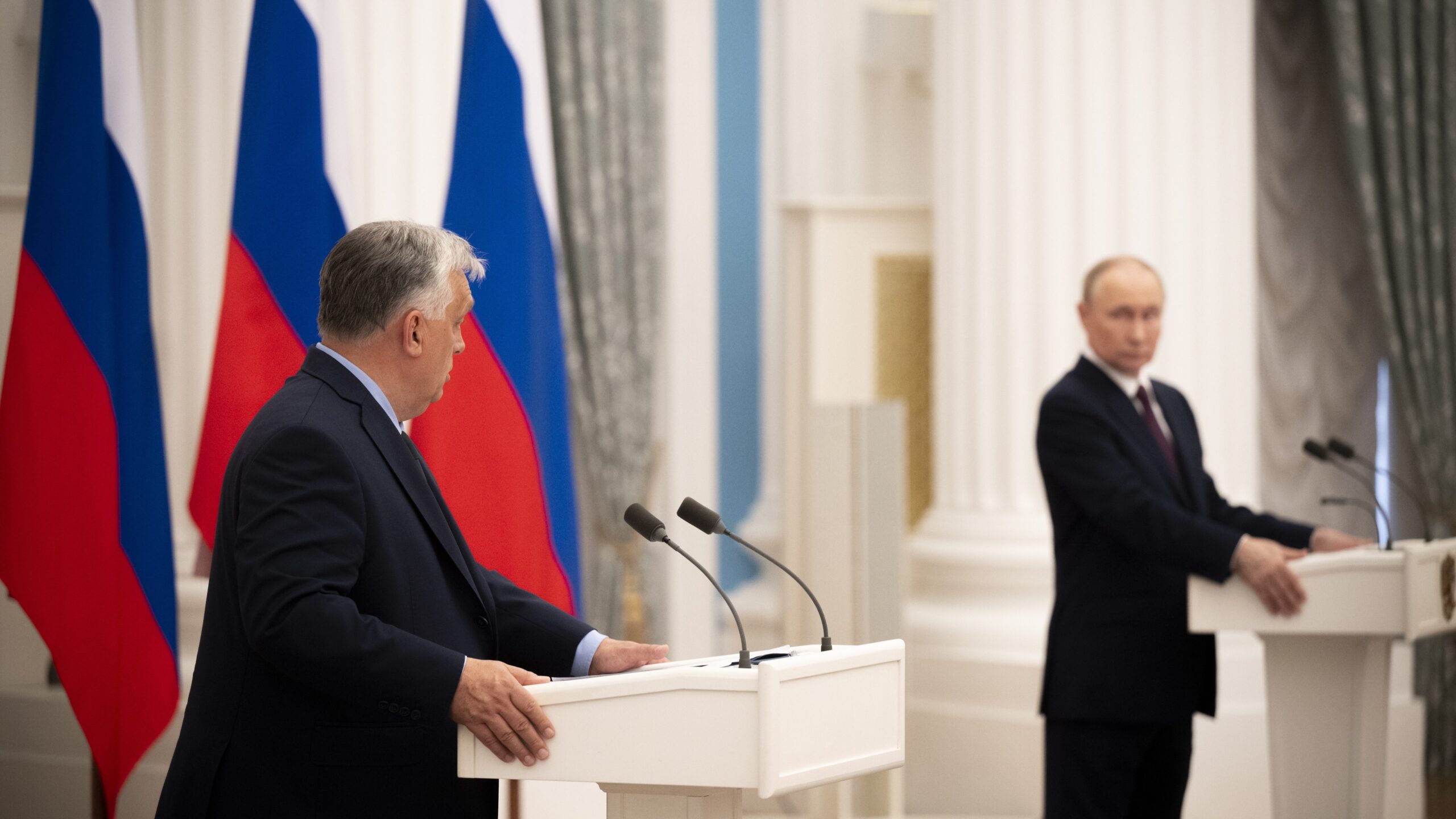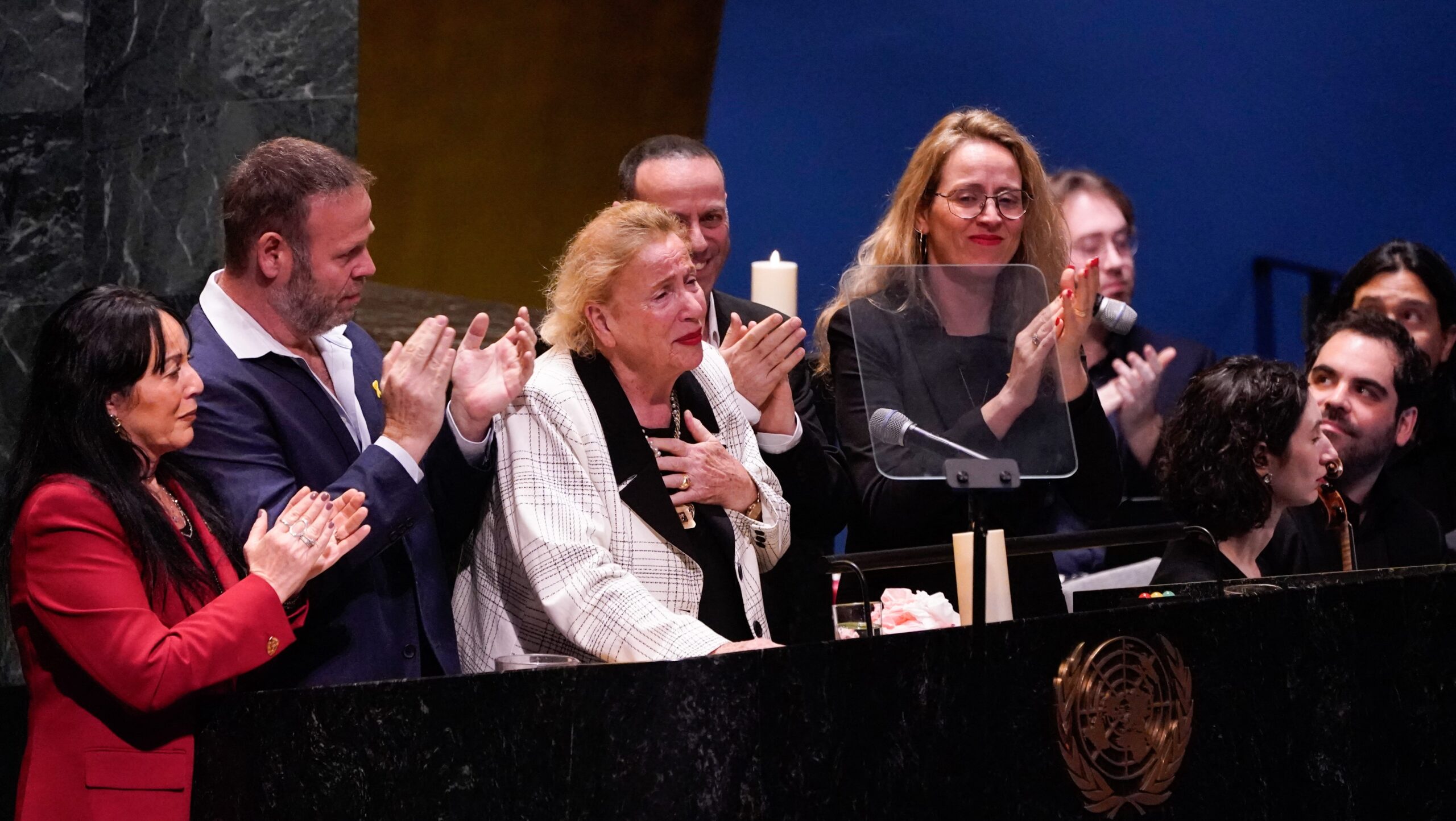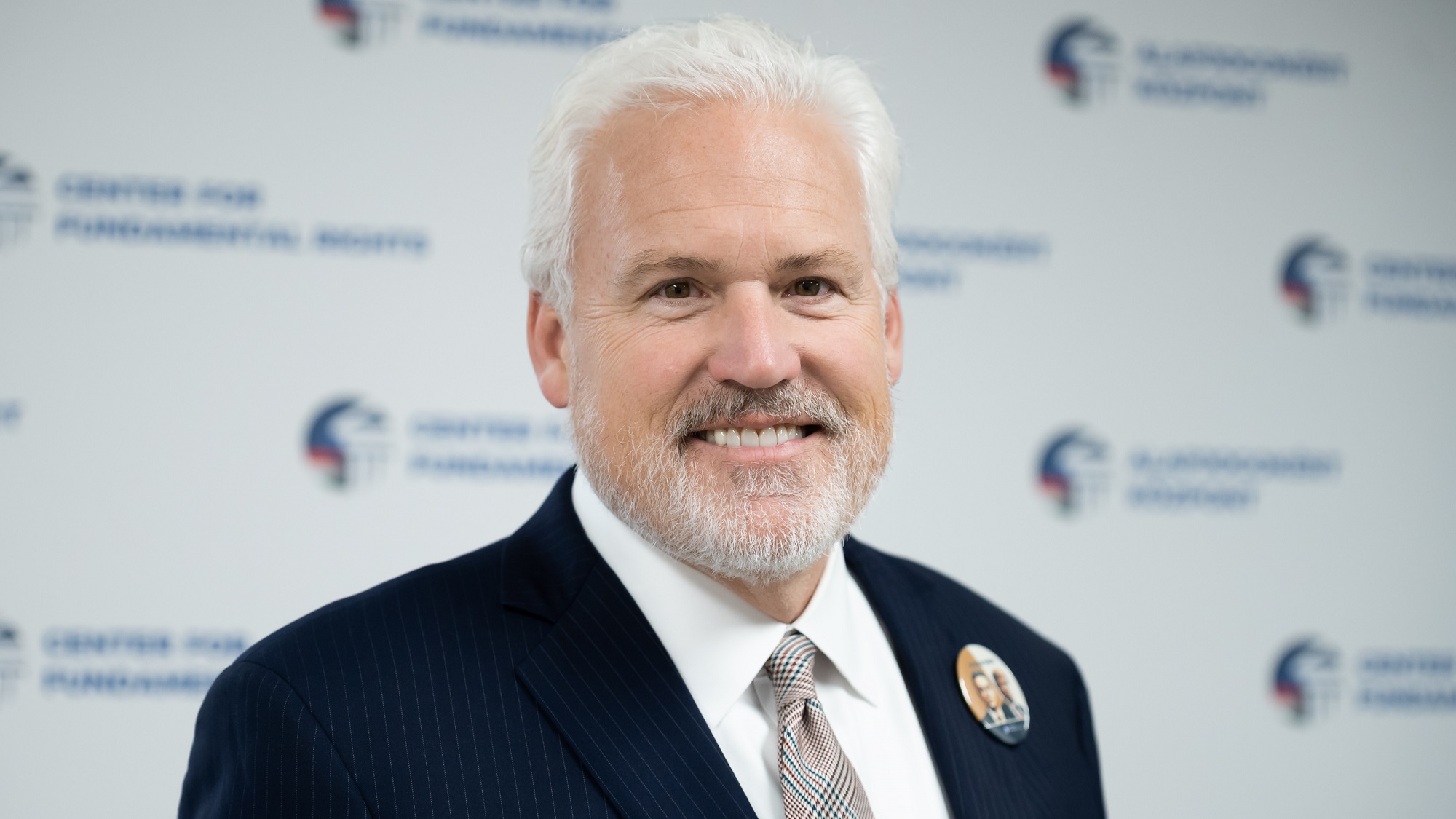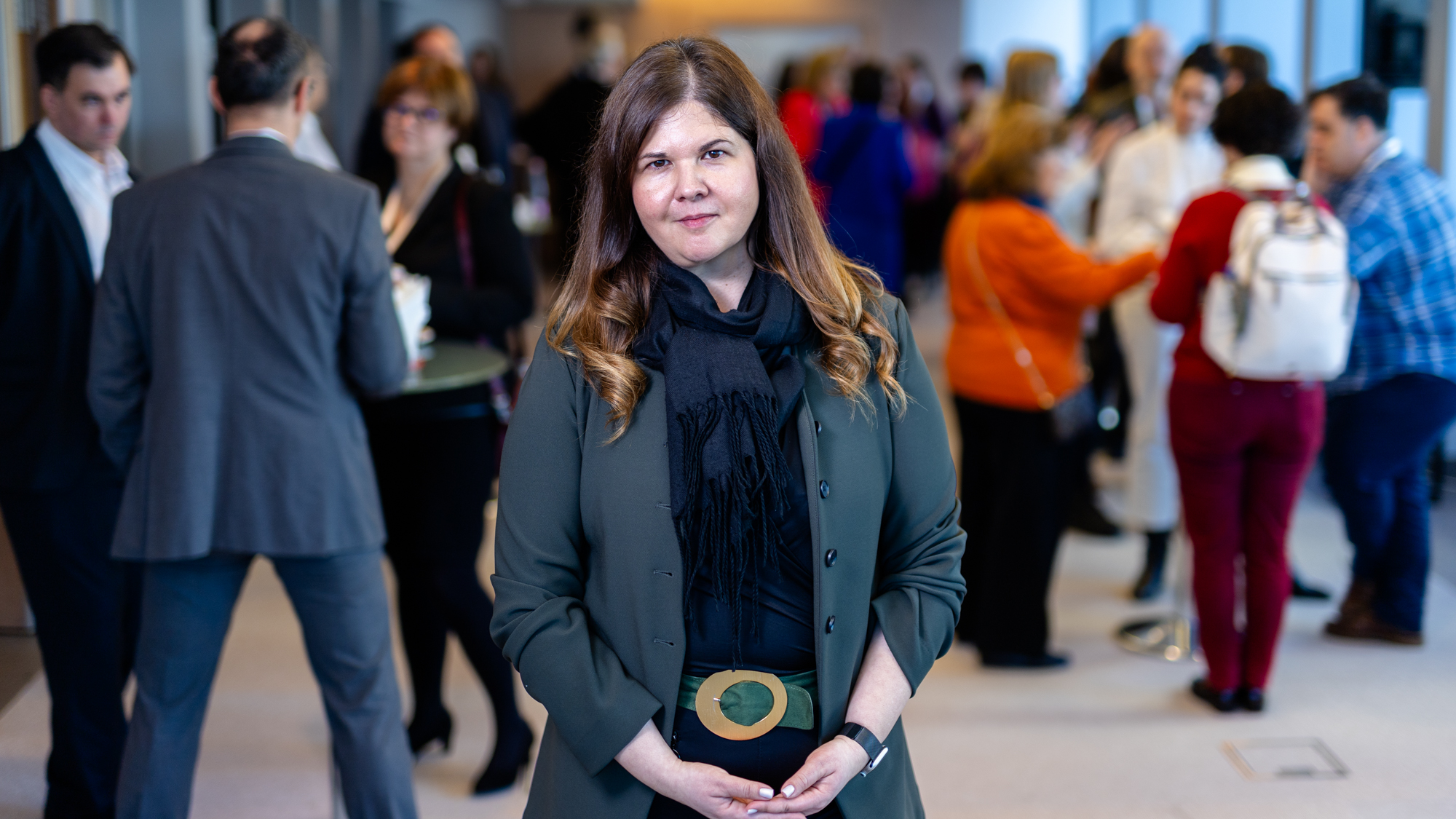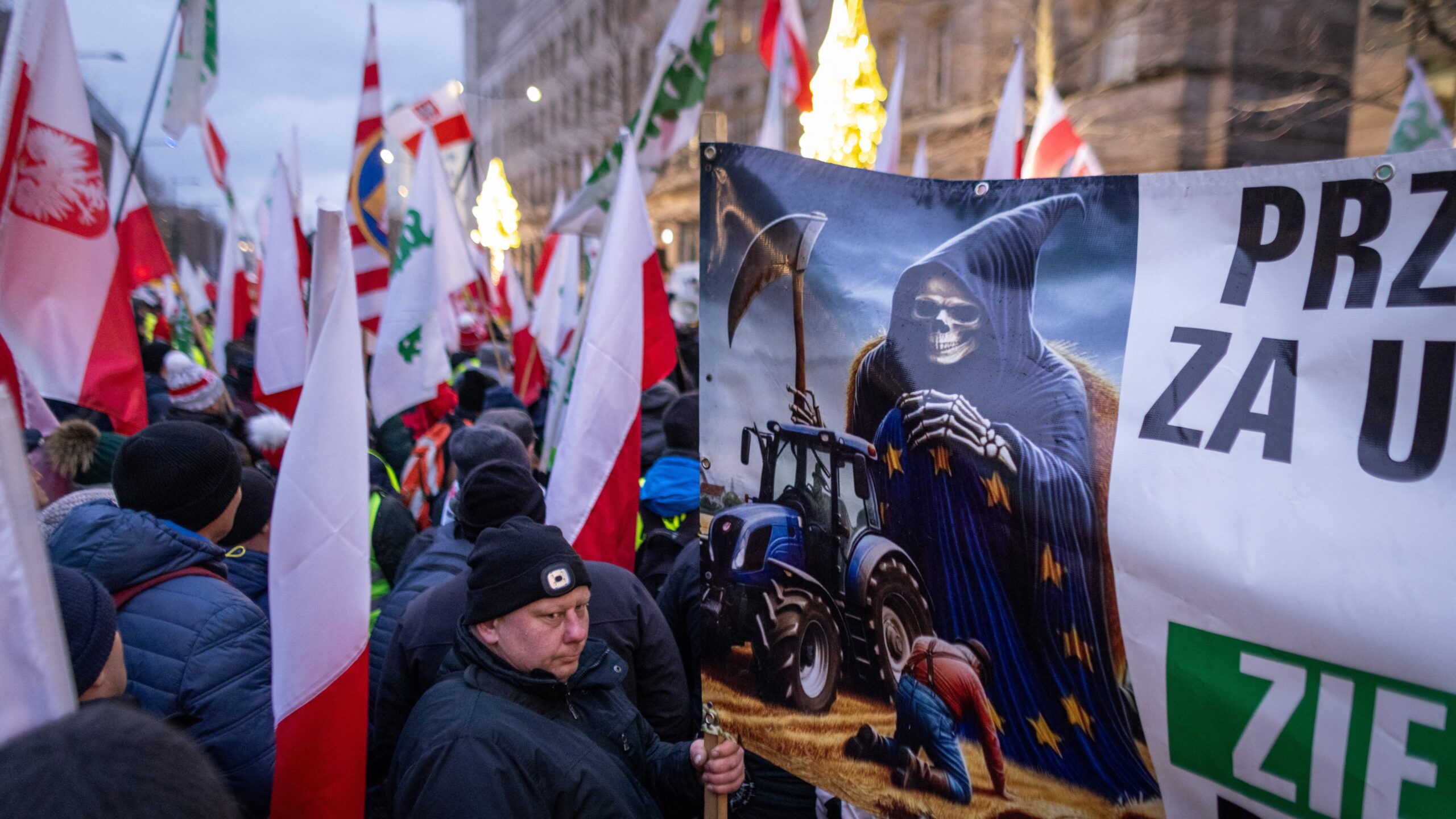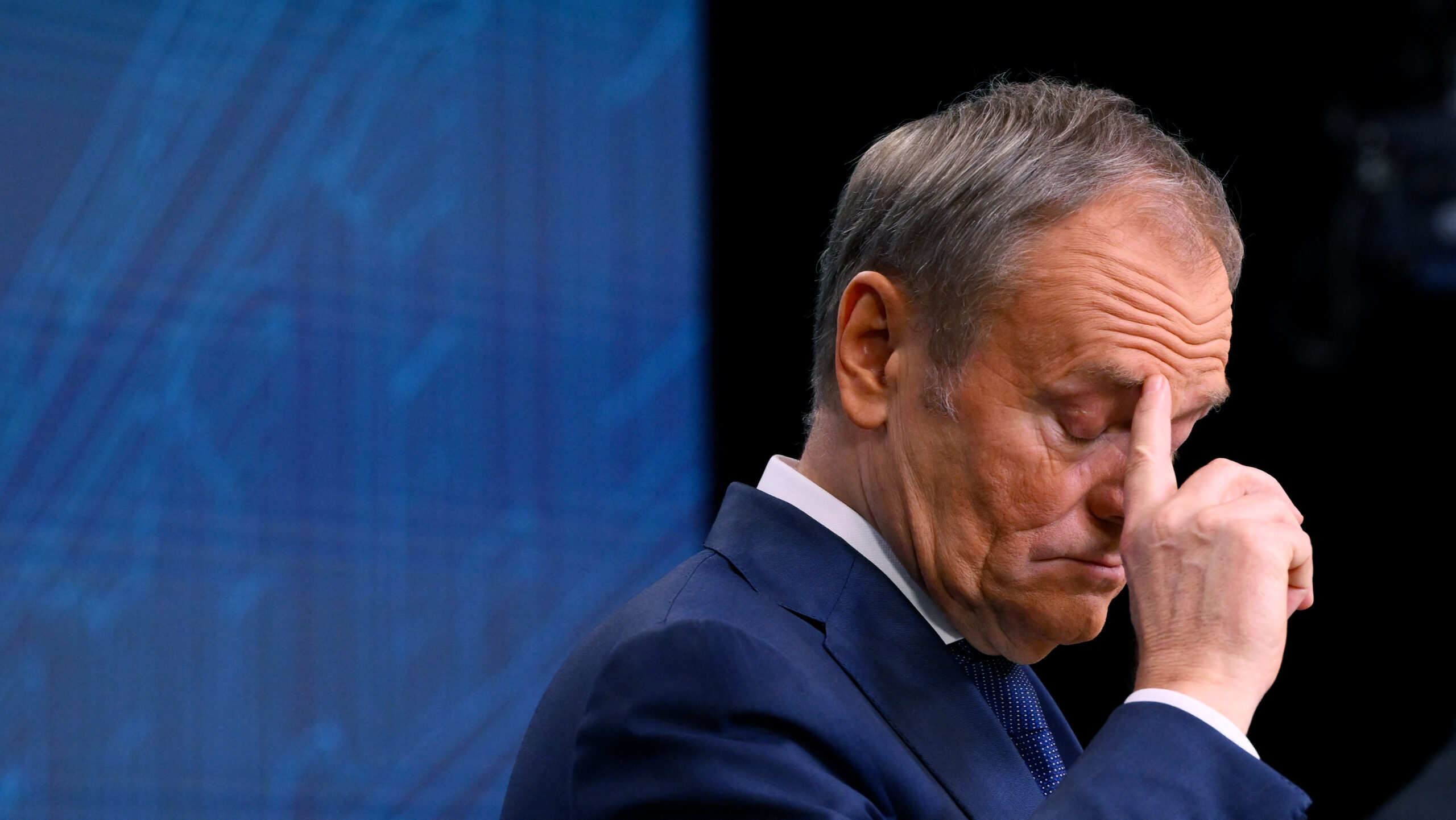
Polish Highest Court Accuses Donald Tusk of Coup Attempt, Launches Proceeding
Poland’s Constitutional Court has initiated legal proceedings against PM Donald Tusk and his associates, accusing them of attempting a coup d’état by using executive power to undermine the judiciary, dismantle opposition media, and suppress political opponents. The announcement comes amid the presidential campaign, ahead of one of the most pivotal elections in May—one that will not only determine Poland’s future but also have far-reaching consequences for Europe.

